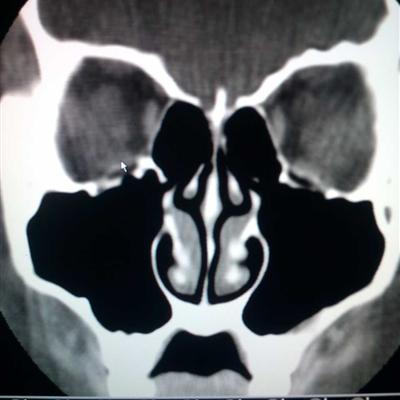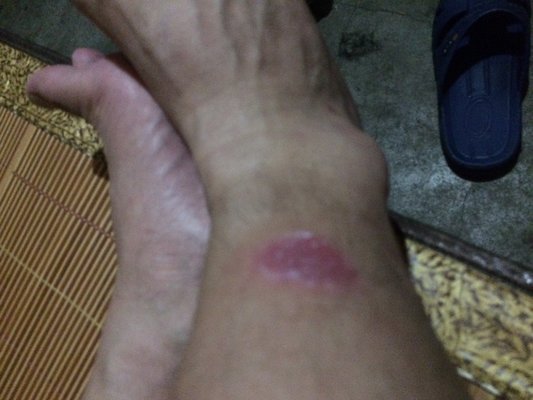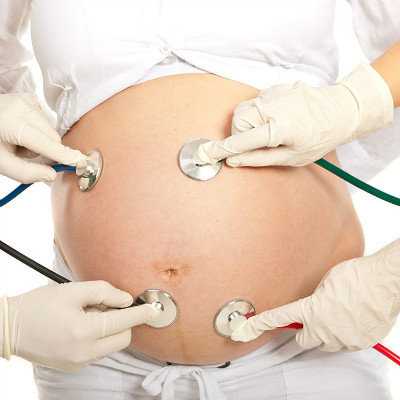Symptoms of pyruvate poisoning?
summary
Ketone bodies are intermediate metabolites of fatty acids in liver, including acetoacetic acid β- Hydroxybutyric acid and acetone. Under normal circumstances, the body produces a small amount of ketones, which are transported to the heart, kidney, skeletal muscle and other tissues as a source of energy. The concentration of ketones in the blood is very low, generally not more than 1.0 mg / dl, and no ketones can be detected in the urine. When the body lacks insulin or sugar, such as starvation, fasting, severe pregnancy reaction, and excessive fat decomposition, the concentration of ketone body increases, and a part of ketone body can be excreted through urine to form ketonuria. When the amount of ketone body in liver exceeds the utilization ability of extrahepatic tissue, the concentration of ketone body in blood will be too high, leading to ketonuria and ketonuria. Acetoacetic acid and acetic acid in ketone body β- Hydroxybutyric acid is an acidic substance. When it accumulates too much in the blood, it can make the blood sour and cause acidosis, which is called ketoacidosis.
Symptoms of pyruvate poisoning?
Moderate and severe ketoacidosis patients often have dehydration symptoms, dehydration up to 5% can have dehydration performance, such as reduced urine volume, dry skin, eye drop, etc. When dehydration is more than 15% of body weight, circulatory failure may occur. Symptoms include increased heart rate, weak pulse, decreased blood pressure and body temperature. In severe cases, circulatory failure may be life-threatening.

The causes of coma include excessive acetoacetate, cerebral hypoxia, dehydration, increased plasma osmotic pressure and circulatory failure.

The symptoms of polydipsia, polyuria, physical strength and weight loss were aggravated. Gastrointestinal symptoms: including loss of appetite, nausea and vomiting. Respiratory changes: some patients may have ketone odor similar to rotten apple odor.

matters needing attention
In addition to actively correcting metabolic disorders, we must also actively look for inducing factors and give corresponding treatment to patients with ketoacidosis, such as severe infection, myocardial infarction, surgical diseases, gastrointestinal diseases and so on. Among them, infection is the most common cause, so sensitive antibiotics should be used as soon as possible.












